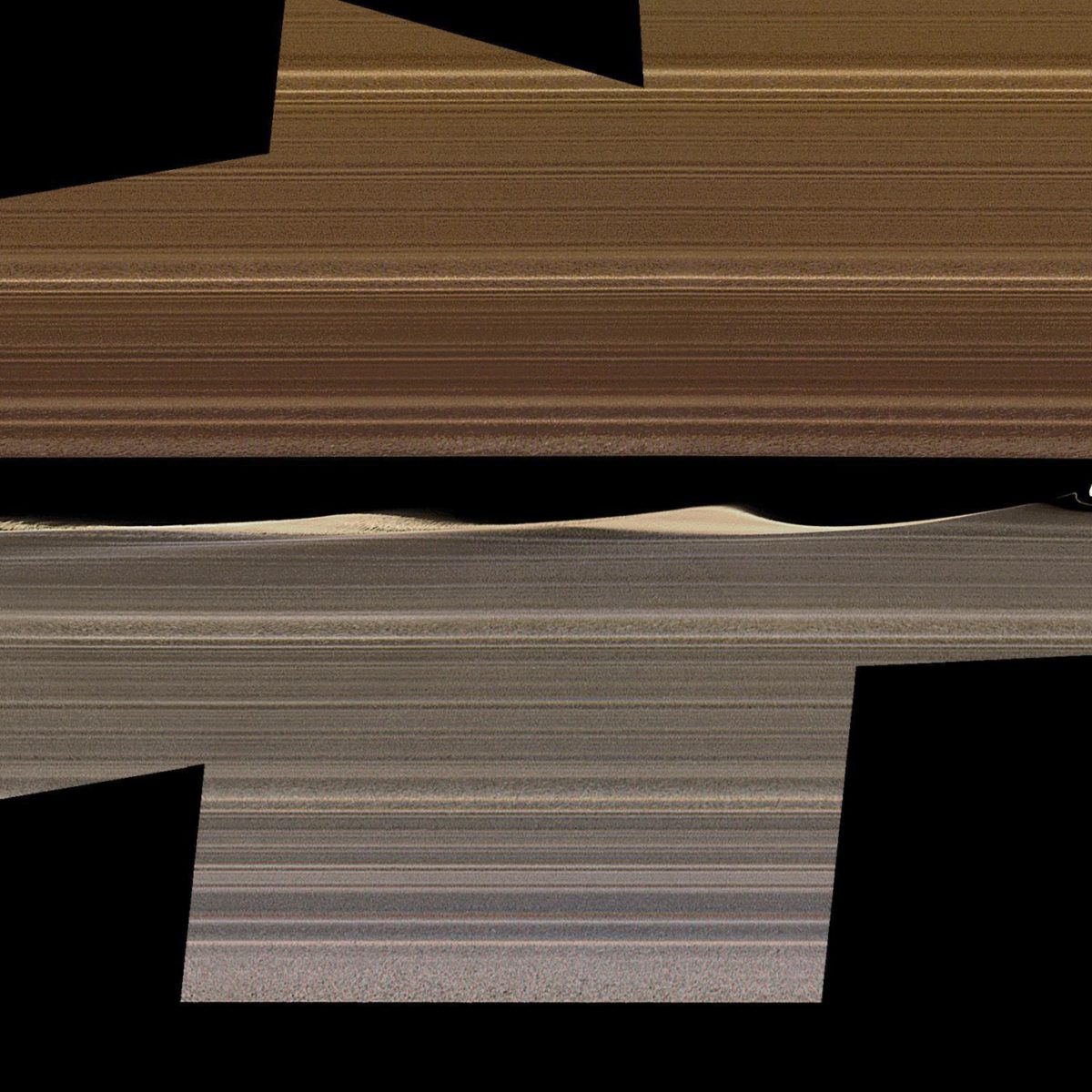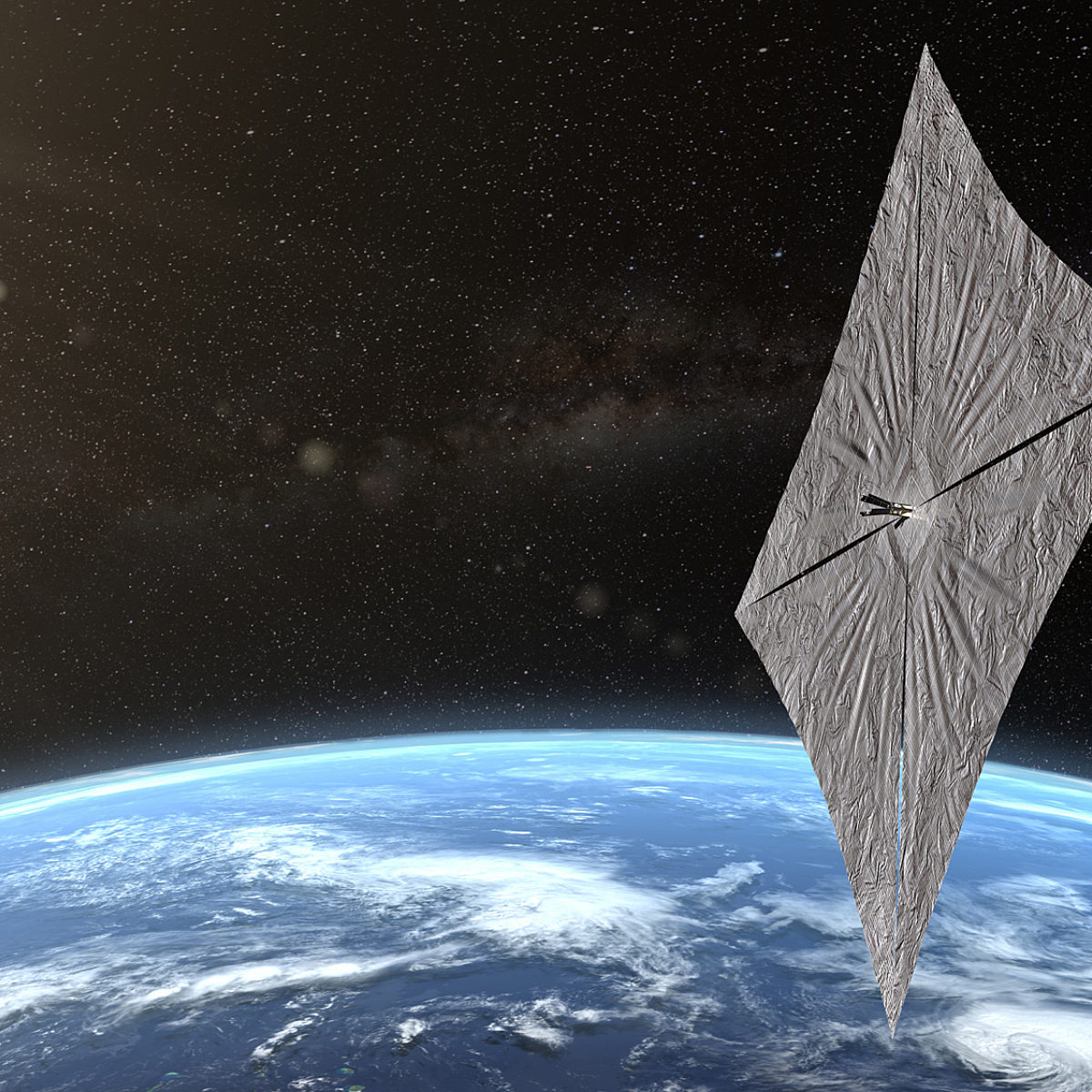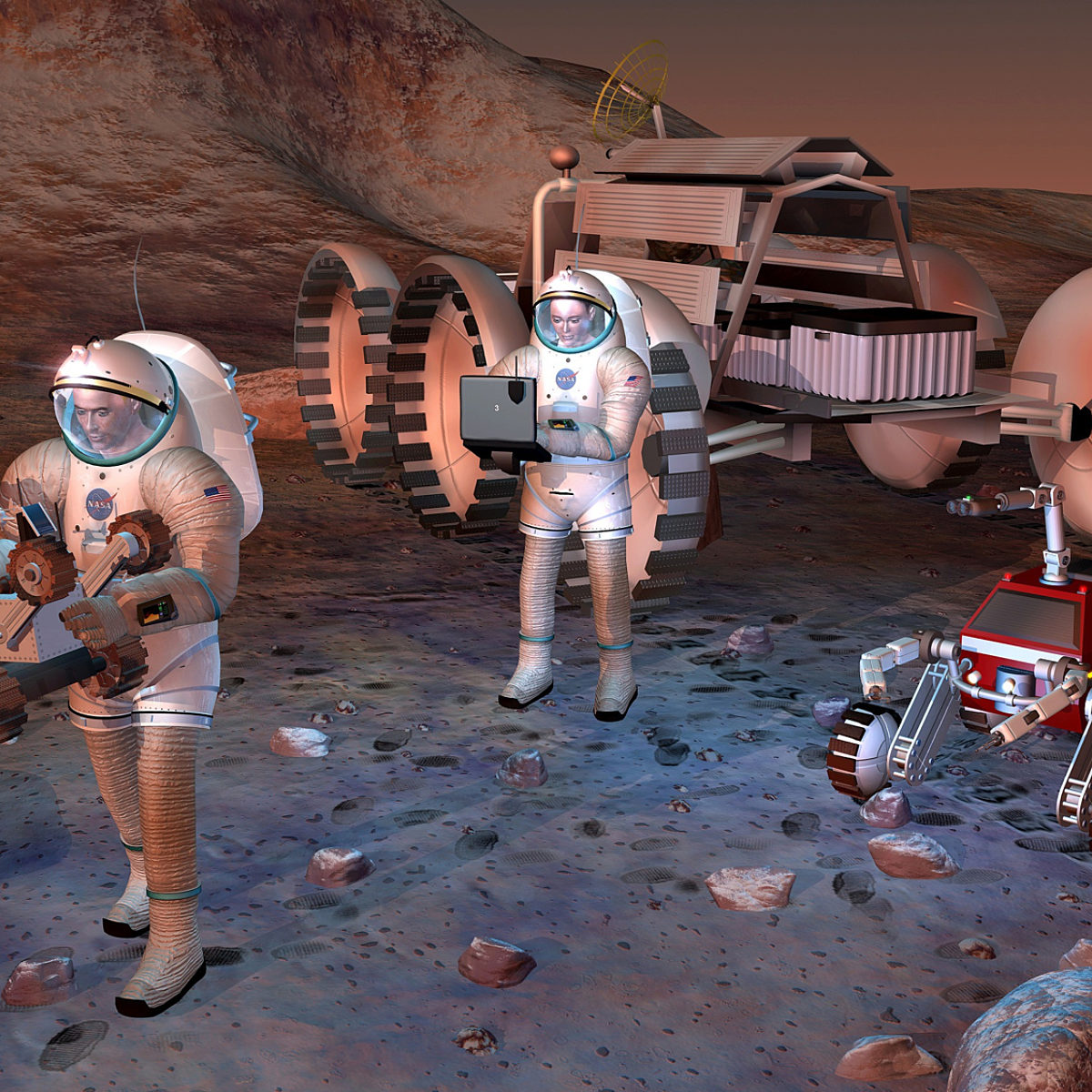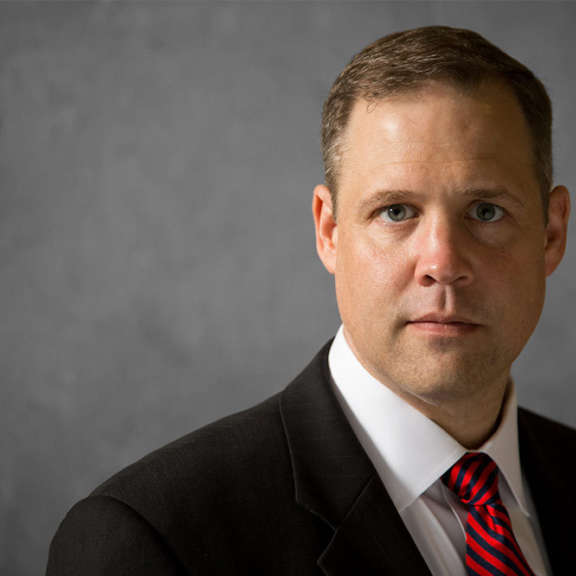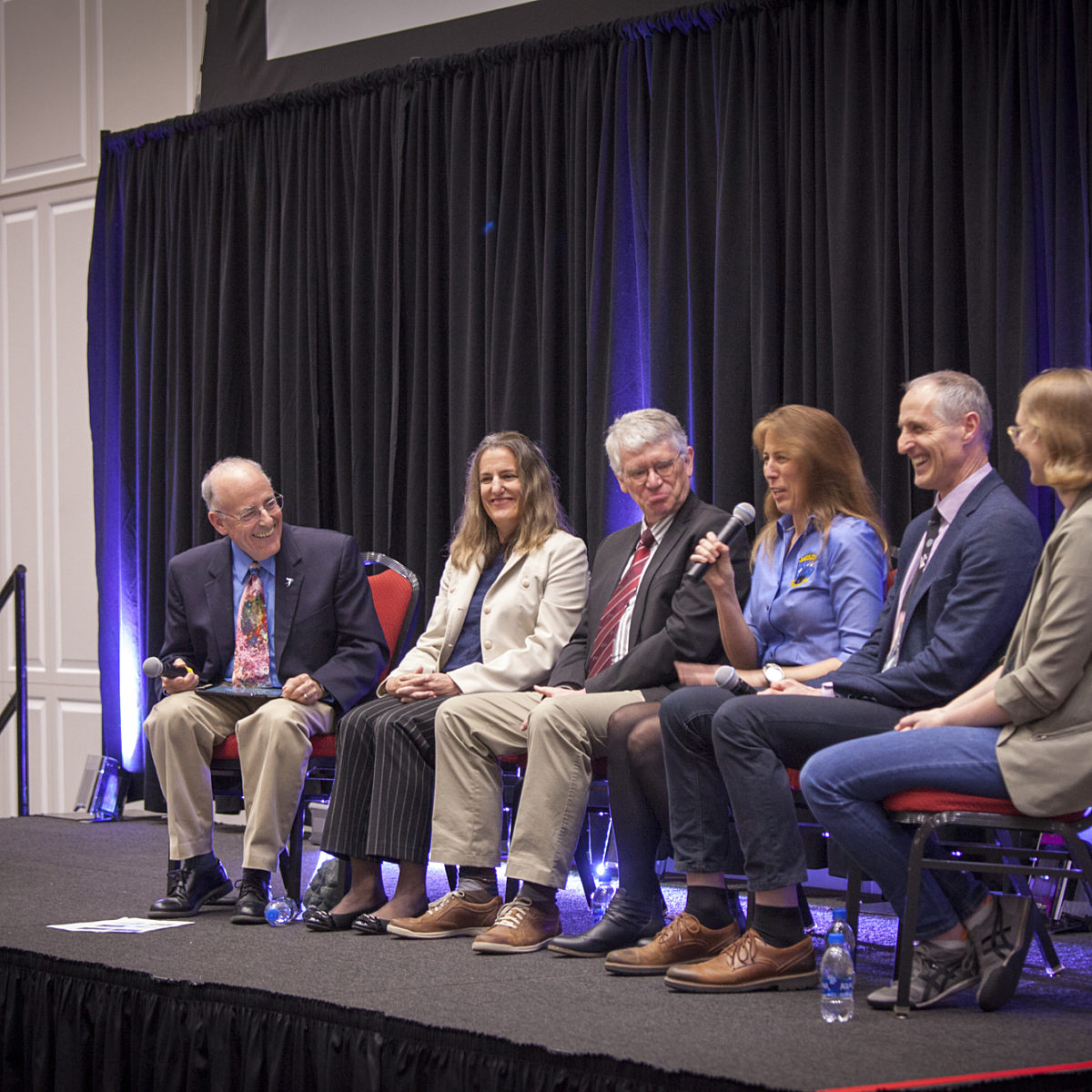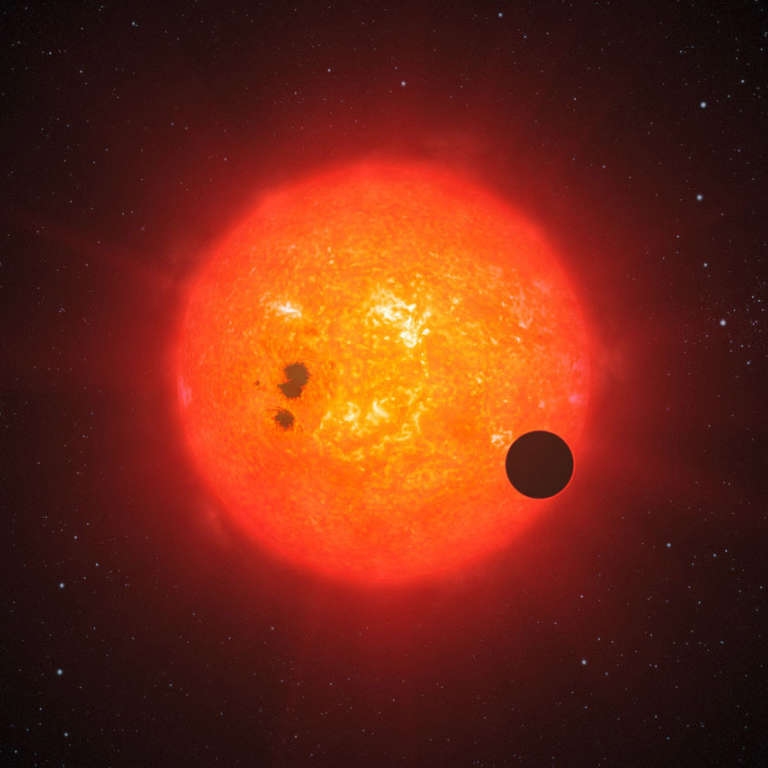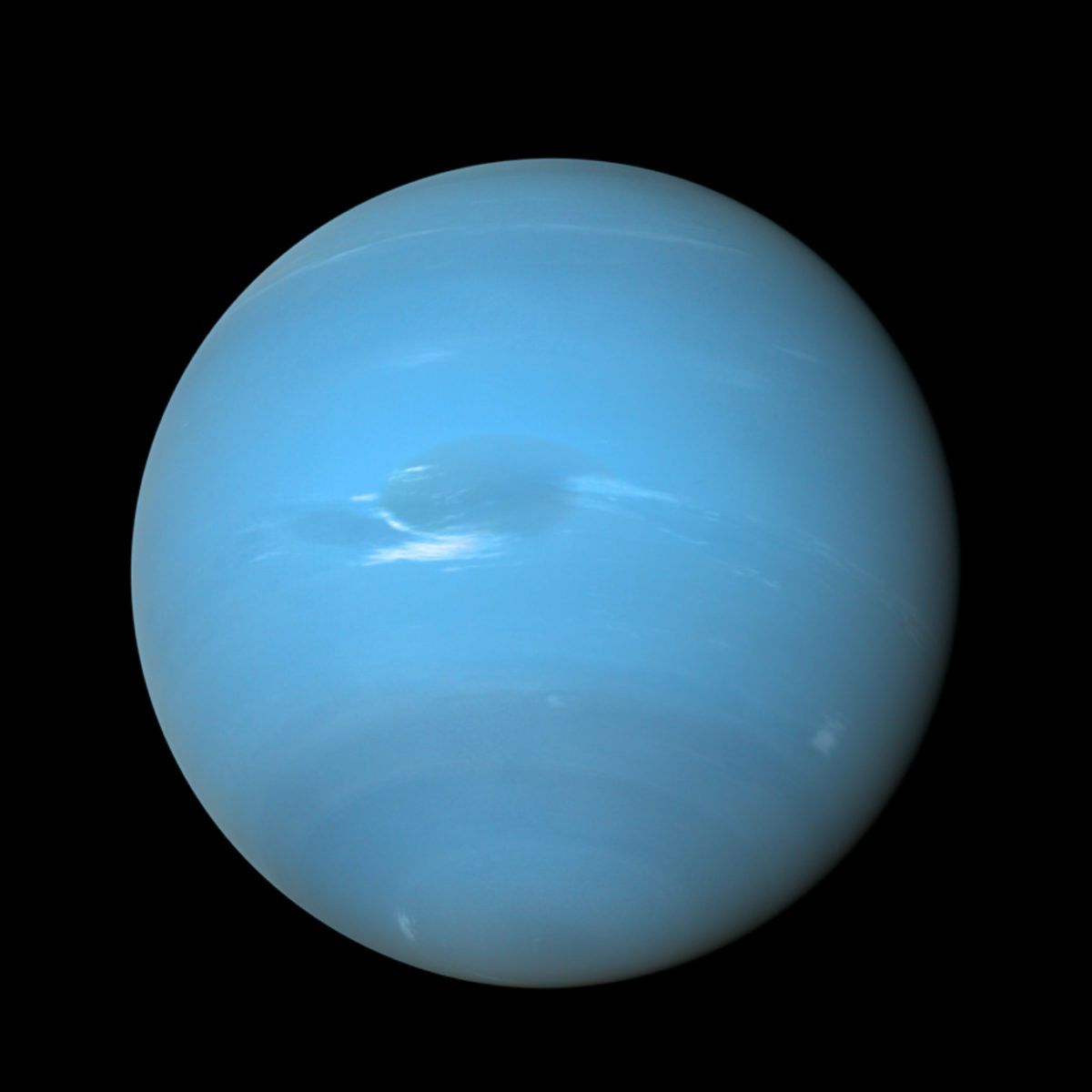Since 2002, Planetary Radio has visited with a scientist, engineer, project manager, advocate, or writer who provides a unique perspective on the quest for knowledge about our Solar System and beyond. The full show archive is available for free.
Search Planetary Radio
It has been many months since the great Cassini spacecraft plunged into Saturn’s atmosphere and fiery death. Yet the mission lives on as the reams of data and images reveal much more of this beautiful world, its rings and its moons.
The day is almost here. With the launch of a Falcon Heavy rocket, The Planetary Society will begin its mission to prove that a tiny, orbiting spacecraft can be propelled by the light of the Sun.
Even though his own work led to it, Albert Einstein never cared for quantum mechanics concepts like entanglement, which he called “spooky action at a distance.” While there’s no doubt it is real, could something even more mysterious be hiding under it?
The U.S. won the space race in July of 1969 with the success of Apollo 11. But was the Soviet Union even racing? How close were they to beating the United States to the Moon?
Jay Pasachoff visits Planetary Society headquarters for a conversation about the latest edition of his and Alex Filippenko’s monumental textbook The Cosmos.
This year’s Humans to Mars Summit in Washington D.C., once again ended with a panel of Martian all-stars talking about their hopes for a future that includes the Red Planet. Planetary Radio host Mat Kaplan leads the inspiring and entertaining discussion.
The former Oklahoma congressman and Navy aviator stepped into the leadership role barely a year ago. Now he wants to see humans back on the Moon by 2024 as a vital stepping stone to Mars. Join us for a wide-ranging conversation about this ambitious plan and much more.
Mat Kaplan visits Cal Poly San Luis Obispo for a last, clean room visit with LightSail 2, the Planetary Society’s solar sailing cubesat. While there, Mat also talked to attendees at the Cubesat Developers Workshop, including the creator of the tiny “Pocket Rocket” engine for small spacecraft.
Leaders of the global effort to avoid a catastrophic Near Earth Object impact gathered at the 2019 Planetary Defense Conference. On the evening of May 1st, The Planetary Society partnered in an exciting PDC public event at the University of Maryland College Park. Presentations by Society CEO Bill Nye and NASA Chief Scientist Jim Green were followed by Planetary Radio Live.
Thirty years ago, Dr. Mark Albrecht led the National Space Council when President George H.W. Bush announced the Space Exploration Initiative, an ambitious effort to send humans to the Moon and then on to Mars.
There appear to be more mini-Neptunes (also known as Super Earths) across our galaxy than any other type of planet. Hannah Wakeford wants to learn if some of them support life, and she’s doing this by exploring their skies.
A rare alignment of planets and other objects will enable the solar-powered Lucy spacecraft to examine seven asteroids, six of which are among the thousands of Trojan asteroids that orbit ahead of and behind Jupiter. The mission team, include Hal Levison, Cathy Olkin and Mike Sekerak, hope to unlock secrets of our solar system’s origin through these ancient artifacts.
The Beresheet lunar lander failed in the last few kilometers of its descent to the Moon. Two days later we learned that its team would try again.
The Los Angeles celebration of Yuri’s Night came six days early this year. It attracted hundreds of space party animals, along with celebrities like Bill Nye and Story Musgrave. Host Mat Kaplan talked with both under the wing of space shuttle Endeavour.
Can NASA return astronauts to the Moon by 2024? Vice President Mike Pence shocked the space community by announcing this ambitious new goal just weeks after the Trump Administration proposed a half-billion dollar cut to the space agency.
When will we return to Uranus and Neptune? Planetary scientist Amy Simon explains why a mission to the so-called ice giants is a high priority as she tells us about these mysterious, blue worlds.
A very special, extended conversation with Johns Hopkins University planetary scientist Sarah Hörst is capped by a tour of her fascinating lab. That’s where Sarah and her team simulate decidedly un-Earthlike atmospheres and more. Emily Lakdawalla has returned from this year’s Lunar and Planetary Science Conference with news from around the solar system. Caffeine! It’s on Saturn’s moon Titan AND in the espresso made on the International Space Station! More about the latter in What’s Up.
Planetary Radio Live goes on stage at the first ever Fairplex Extreme STEA2M Festival in Pomona, California. Host Mat Kaplan and Planetary Society CEO Bill Nye are joined by four young space scientists and engineers in front of hundreds of families.
The last few days have seen developments that will shape the space exploration plans of Canada and the USA. The Planetary Society’s Kate Howells is a member of Canada’s Space Advisory Board. She reviews the nation’s new space policy.
With missions like Chang’e 4 on the far side of the Moon, China has firmly established itself as a leader in space exploration. Space journalist Andrew Jones helps us explore the nation’s ambitious near and long-term plans.


 Explore Worlds
Explore Worlds Find Life
Find Life Defend Earth
Defend Earth


